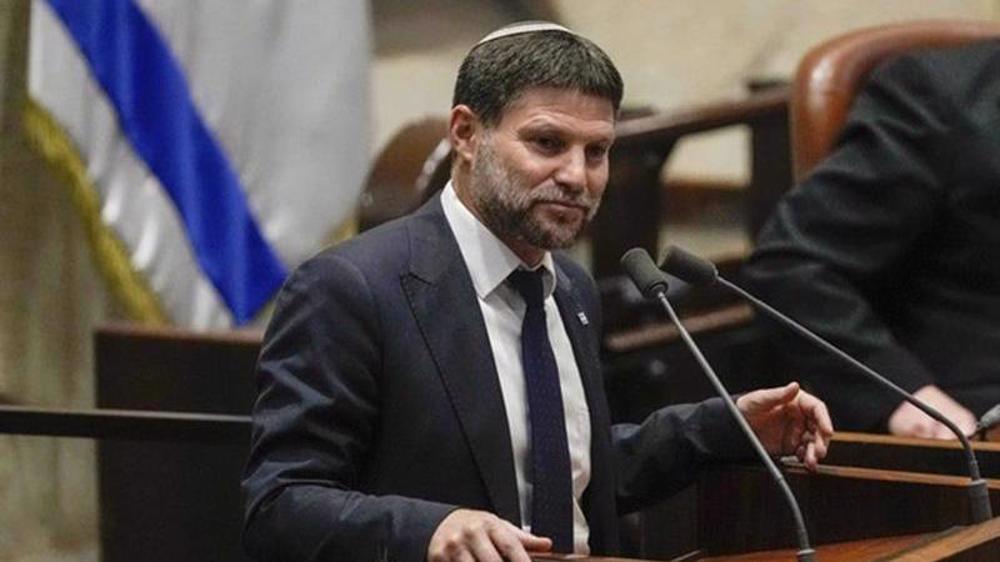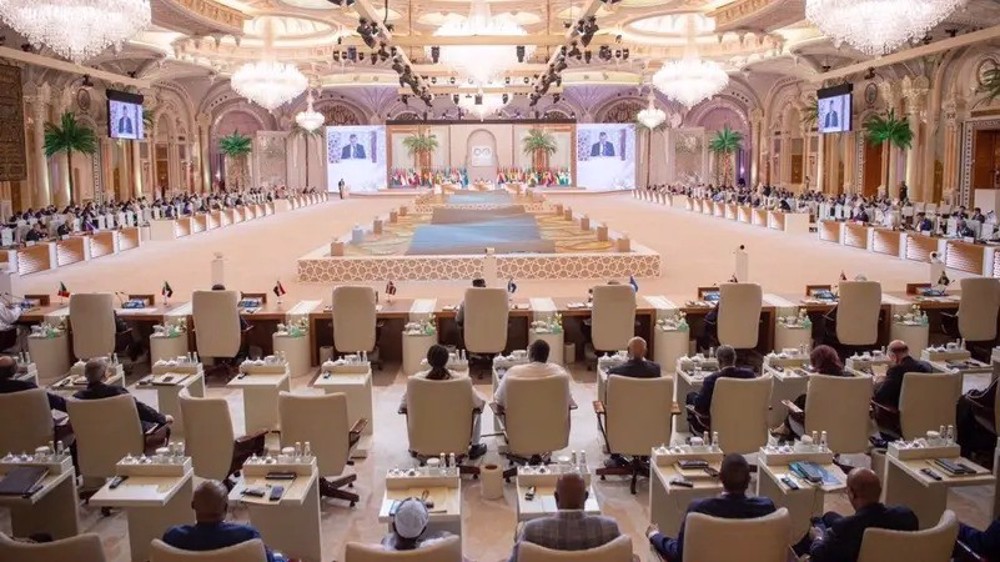Most Saudi royals back coup against King Salman: Prince
A Saudi prince says 80 percent of the royal family support his call for a palace coup d'état against Saudi Arabia’s ruler, Salman bin Abdulaziz Al Saud, along with his two anointed successors.
“It is best for the country for King Salman to step down as well. We cannot take sick people in top leadership,” the grandson of Abdulaziz Ibn Saud, the state’s founder, told Britain's The Times daily.
He also said that Crown Prince Mohammad bin Nayef and Deputy Crown Prince Mohammad bin Salman would "have to be punished and thrown out.”
The prince, whose name has not been revealed for security reasons, had earlier written two letters calling for a revolt from within the royal ranks.
“It is no secret that the most serious problem in his health is the mental side, which has made the king fully subject to the control of his son,” one of the letters read.

The letter also called on the 13 surviving sons of Ibn Saud to instigate a coup, saying, “They have to isolate the powerless King Salman, the excessively arrogant, reckless Crown Prince Mohammad bin Nayef [and] the one who devastates the homeland, Crown Prince Mohammad bin Salman.”
Earlier this week, the author of the two letters told The Guardian that there is disquiet among the royal family at the leadership of King Salman, who assumed the throne in January after the death of King Abdullah bin Abdulaziz Al Saud.
“The public are also pushing this very hard, all kinds of people, tribal leaders,” the prince said, adding, “They say you have to do this or the country will go to disaster.”
Meanwhile, The Times obtained a third letter by another prince, noting that most of the sons and grandsons of the state’s founder were glad that “someone took the initiative” to call for a palace coup.
Pressure mounts on Saudi Arabia
Saudi Arabia has come under harsh criticism over its poor handling of the recent tragic crush in Mina, near the holy city of Mecca.
The fatal crush occurred on September 24 after two large crowds of pilgrims, who were on their way to participate in the symbolic stoning of Satan, a Hajj ritual, collided.
The kingdom is also struggling with plummeting oil prices, which dropped more than 50 percent in the past year. Earlier this week, The Financial Times reported that Riyadh has withdrawn as much as USD 70 billion from its overseas investment funds in order to shore up its fiscal position.
The Al Saud regime also faces criticism over its deadly military campaign against neighboring Yemen, which was launched on March 26 – without a UN mandate – in a bid to undermine Yemen’s Houthi Ansarullah movement and restore power to the country’s fugitive former President Abd Rabbuh Mansour Hadi, a staunch ally of Riyadh.
'Not surprising'
In an interview with Press TV, political activist Mark Mason said that “the palace intrigue regarding the Saudi Arabian monarchy is not something we should be surprised about.”
“I do believe that there is dissent within the Saudi family and we can expect more in the future,” Mason added.
He further described the Saudi monarchy as “medieval” with a long history of human rights violations, executions and war crimes in connection with its illegal aggression against Yemen.
VIDEO | ICC's arrest warrant for Netanyahu to worry Western politicians: Former British diplomat
Iranians protest against Israel after Netanyahu ICC warrant
Germany undecided on complying with ICC arrest warrants for Israeli war criminals
VIDEO | Former FBI agent criticizes US Congress for 'outright corruption'
IRGC chief urges Muslim countries to cut aid routes to Israel
'New chapter in cooperation': Iran, Venezuela sign new MoUs
Jordan sentences former lawmaker for supporting Palestinian resistance
Basij volunteer forces hold massive drills in southwestern Iran










 This makes it easy to access the Press TV website
This makes it easy to access the Press TV website